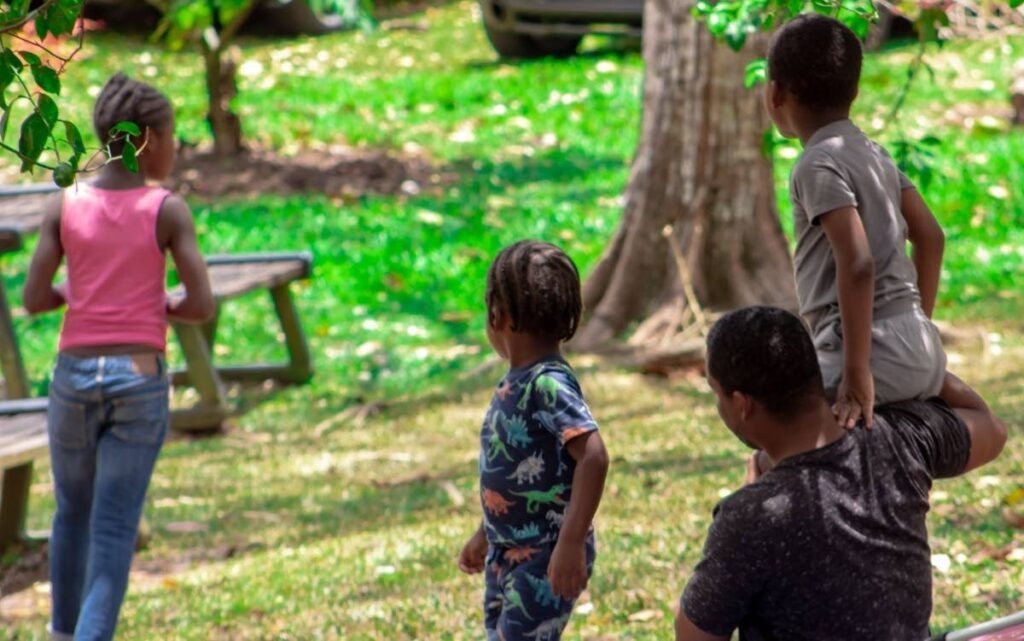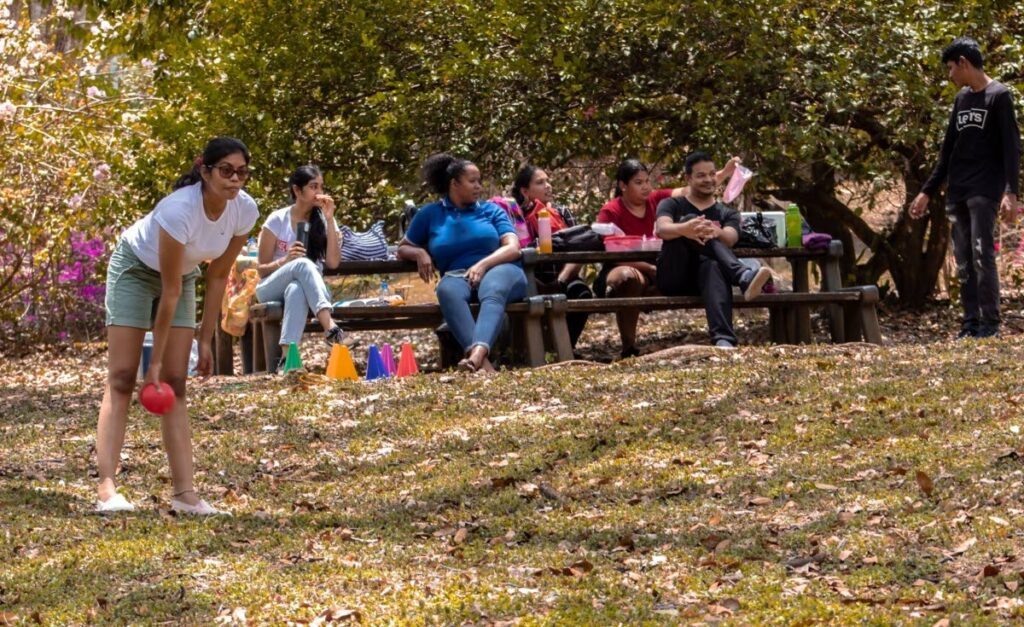Communication, teamwork to raise special-needs child

DR RADICA MAHASE
We often hear the phrase “it takes a village to raise a child,” but when it comes to raising children with special needs/disabilities, it takes an even bigger village, and everyone in the village has to be on the same page!
The concept of the "village" is explained very concisely by Andrea Rupert et al, as “multiple people (the 'villagers') including parents, siblings, extended family members, neighbours, teachers, professionals, community members and policymakers, care for a child. All these ‘villagers' may provide direct care to the children and/or support the parent in looking after their children.”
In the case of a child who is on the autism spectrum, or children with special needs or disabilities in general, the ideal situation would be one where parents, educators (teachers, teacher’s aide, tutors) and all therapists liaise with each other to develop and execute a plan for the child’s holistic development.
They would communicate with each other regularly to track the child’s progress. Collaboration amongst the "villagers" is very important so that there is a thorough effort by everyone involved in helping the child to achieve developmental milestones and reach his/her full potential.
Sadly, in Trinidad and Tobago this is not the norm. In many cases, the "villagers" work in their own little vacuum without communicating with each other. In many cases they may not even know that they are working with the same child. Educators are often not in touch with therapists and vice versa.
That said, it is really the responsibility of parents/caregivers to communicate with everyone involved in their children’s developmental programmes. For parents/caregivers who are unsure how to proceed, here are some factors to take into consideration:
Develop a plan for your child: Your child may spend limited time with a therapist or educator, but is with you the majority of the time. Therefore, you should know your child’s strengths and weaknesses more than anyone else.
More importantly, you should know the areas in which your child needs help and have certain goals for your child. You need to communicate all this to each professional who is working with your child.
Too often parents/caregivers withhold information, or give incorrect information to the professionals who are working with their children. When this happens, it makes the whole process so much more difficult and leaves the child at a disadvantage.
Create and encourage communication networks for professionals working with your child. Communication is very important if the village is to raise the child. As a parent/caregiver, you can let the professionals who are working with your child know about each other. Inform the educators and therapists about each other; with their permission share contact information and encourage them to communicate about your child’s development. Most therapists should do this willingly, if they have the real interest of the child.
As one speech therapist noted, “I think it’s very important for me to liaise with the persons who are teaching the children who I work with. I usually make a list of keys areas I am focusing on and prepare a report and ask the parents to share it with the child’s teachers. If the teachers need guidance on activities they can do to reinforce what I am doing with the child, then I am willing to have a conversation about that.
"In the end I just want the child to make progress, so I don’t mind reaching out to the other persons who are involved in the child’s education or development.”

Photo courtesy Alex Singh - Alex Singh
Share diagnosis and progress reports. It is important to share assessments and reports for your child with those who are working with your child, so they will all be able to track the child’s progress. It is always a good idea to make sure that everyone is aware of the child’s progress so that they can adjust their plans if needed.
One parent advised, “I have been taking my ten-year-old son for speech and occupational therapy and he has an aide in school for the past year. I also hired a tutor to help him on some evenings.
"At the end of the last two terms, I asked each of them to share two areas where my child made progress and two areas where he was struggling and needed some extra help.
"I didn’t ask for any long report, just some simple points. I then shared these with all of them and I found that once they were aware of what the other saw in my child, it helped them in their plans for my son.”
It is important that the "villagers" have similar goals where the child’s development is concerned, otherwise it can lead to conflict and confusion. It is also important that the support system at home – the parents/caregivers, grandparents, siblings – understand that they are also part of the village. It defeats the purpose when educators and therapists are working with the child, but reinforcement within the home support system is lacking in any way.
Remember, "It takes a village to raise a child, and it takes an even bigger village to raise a child with a disability.. We can all be a part of that village, in one role or the other.
Radica Mahase is the founder/director of Support Autism T&T


Comments
"Communication, teamwork to raise special-needs child"